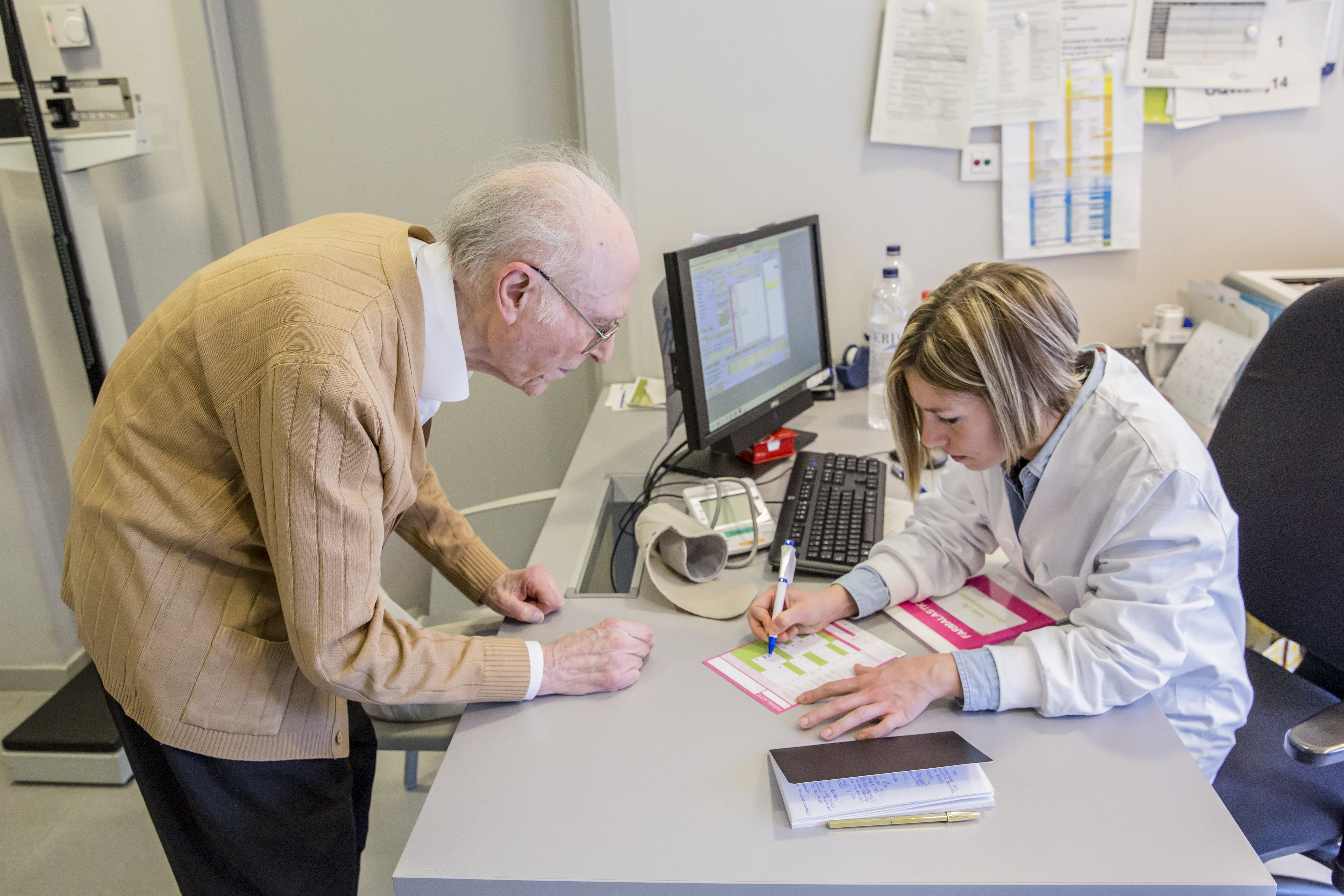[UPDATE: This questionnaire no longer exists. The linked page now gives the following message in Catalan: "Due to changes in the phase of the coronavirus outbreak, an application will soon be available to help you evaluate your health and the actions you need to take"]
The Catalan health service has developed a simple online questionnaire as a new tool to let people in Catalonia know very quickly and easily if they meet the coronavirus infection criteria and whether or not they should call the 061 health phoneline, which is working at full capacity.
The questionnaire, consisting of just three questions, can be found here, but since it's not currently available in English, here's an unofficial translation:
061 Coronavirus Questionnaire
The landing page of the questionnaire asks: "Questionnaire: Could I be affected by the SARS-CoV-2 coronavirus?" "Answer a few simple questions. We'll tell you how to act in each case." And you click on Comença.
The first question asks about travel: "Have you been in or travelled to any of these places in the last 14 days?" And it lists the following affected areas (note that this list of places is evolving and you should check back with the original page):
Spanish regions of Madrid and La Rioja, and two municipalities in the Basque Country (Bastida and Vitòria-Gasteiz); Italy (whole country); France (departments of Haut-Rhin and l'Oise); Germany (Heinsberg district, in Nordrhein-Westfalen), China (including Hong Kong and Macao), South Korea, Japan (island of Hokkaido), Singapore, and Iran. If you have been in any of these places, select yes. Otherwise, no. And continue.
The second question, on close contact with people: "Have you had close contact with anyone who is a confirmed case or a case under study of coronavirus SARS-CoV-2? Close contact means any of these situations: living in the same home; having had face-to-face contact, such as a conversation lasting more than a few minutes; if the person has coughed near you; if you have been less than 2 metres from the person for more than 15 minutes; if you have been in contact with the person's secretions (mucus, saliva, feces, urine, blood, vomit, etc). Again, if you can answer affirmatively to any of these situations, click the yes button. Otherwise, no.
The third question, on symptoms: "Do you have any of these symptoms? Fever; cough; difficulty in breathing; general sensation of unwellness." If you have any of these, select yes. If none of them, no.
Results, first case
After these three questions, one of two basic results will appear:
You will be told to stay home and call 061 for medical assistance if you answered YES to question 3 (symptoms) and YES to at least one of question 1 (travel) and question 2 (close contact). The full information is:
- Stay home and call 061.
- Avoid contact with other people.
- Call 061 or your primary health service (your CAP centre, or your usual GP) and they will inform you what to do.
- Do not go to the CAP, the pharmacy or the hospital.
- Following these directions can help reduce the contagion of the virus.
- For more information consult canalsalut.gencat.cat/coronavirus (click on the button for English)
Note that the 061 service has operators that speak English and others languages, although you may have to wait).
Second case
In all other result cases, you will be told "Don't worry, it looks like you don't have the SARS-CoV-2 coronavirus." But the full information can vary depending on your exact response to the questions.
If you have symptoms, for example, you will be advised that if you think it is necessary, you should still call 061 and allow them to evaluate your situation.
If you have been in contact with an infected person or in any affected area, you will be told to continue to monitor yourself for any symptoms over the next 14 days.
And in all cases, you will be told to follow the basic precautions:
- Wash your hands often with soap and water or with 70% alcohol-based solutions, especially after direct contact with anyone who is ill and their environment.
- Cover your mouth and nose with a disposable handkerchief or with the inner part of your elbow if you cough or sneeze and then wash your hands immediately (with soap and water or with 70% alcohol-based solutions).
- Maintain a distance of approximately two metres from people with symptoms of acute respiratory infections or show signs of respiratory distress, such as coughing or sneezing, and don't share personal objects with them.
- Avoid sharing food or utensils (cutlery, glasses, napkins, handkerchiefs...) and other objects without cleaning them properly.
- For more information consult canalsalut.gencat.cat/coronavirus (and click on the button for English)

